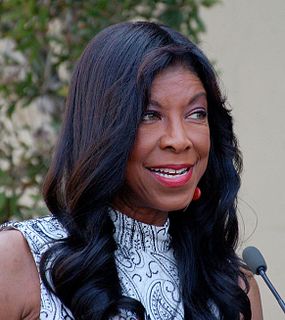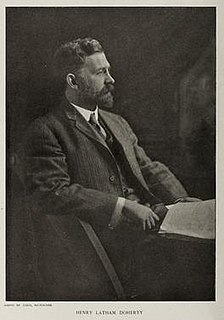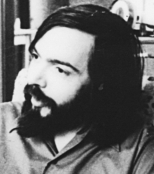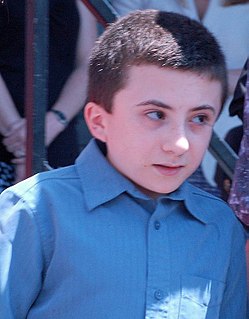A Quote by Norman Vincent Peale
The how thinker gets problems solved effectively because he wastes no time with futile ifs but goes right to work on the creative how.
Related Quotes
We frequently hear how essential it is for someone to think "outside the box," but what actually determines one's facility for doing so? In other words, what skills make someone a creative thinker? Typically, creative thinkers can view issues from multiple perspectives, define problems in several different ways, and anticipate likely obstacles. Someone's aptitude for these skills determines how well he or she will perform as a creative thinker.
So our ego has to be seen. It is to be watched in a witness state, how it works and how it tries to dissuade us from the right path of movement. One has to be only careful on that point because that is the last centre which has to be opened out. Once it is completely open, you are one with the Divine and all your problems will be solved because these problems are so frivolous and have no meaning.
I kind of joke with myself that you shouldn't be able to be a creative producer if you weren't a first AD. Because it is such fantastic training for really understanding what everyone does, and how the movie actually gets made. You have to know if you're the first you're kind of the set general, you're at the director's right hand, you know everything about how a director puts a movie together, you know everything about how a movie gets made.
One of the things I've learned - before I would go on a show, I was like, "Oh God, I hate that show" or "That show is gonna get canceled." But now after being full-time on a show, you see how difficult it is and how much work goes into it and how so many decisions are based on finances or people's schedules or talent or location issues. It's a miracle that anything gets made.
The truth of the thoughts that are here set forth seems to me unassailable and definitive. I therefore believe myself to have found, on all essential points, the final solution of the problems. And if I am not mistaken in this belief, then the second thing in which the value of this work consists is that it shows how little is achieved when these problems are solved.
I absolutely loved working with Tim Burton because he is just a creative, outside of the box thinker. How he does things is fantastic. It is different - weird different - and he does things that are groundbreaking. They are courageous to do and once you do them you are like, 'Wow! That really does work!'
We can learn from history how past generations thought and acted, how they responded to the demands of their time and how they solved their problems. We can learn by analogy, not by example, for our circumstances will always be different than theirs were. The main thing history can teach us is that human actions have consequences and that certain choices, once made, cannot be undone. They foreclose the possibility of making other choices and thus they determine future events.






































